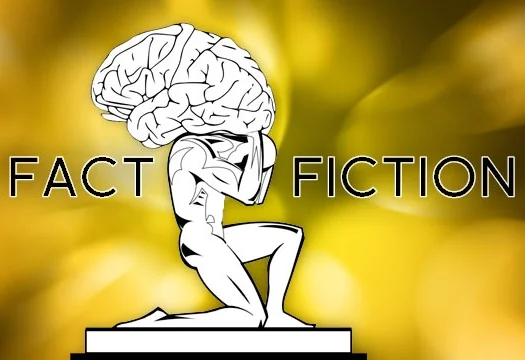There has been much wringing of hands of late over findings that many scientific findings are proving impossible to reproduce – meaning, they were probably wrong. Coverage in the news, concern expressed by the President's council of scientific advisors, and a call to action by Francis Collins, the director of the National Institutes of Health (NIH), all suggest that this is a problem that the scientific community needs to understand and address.
In the recent issue of the journal Nature, Francis Collins and Lawrence Tabak (the deputy director of the NIH) outline their plan for improving scientific reproducibility, emphasizing a need for improving experimental design, statistical analysis, and transparency.
Read More




